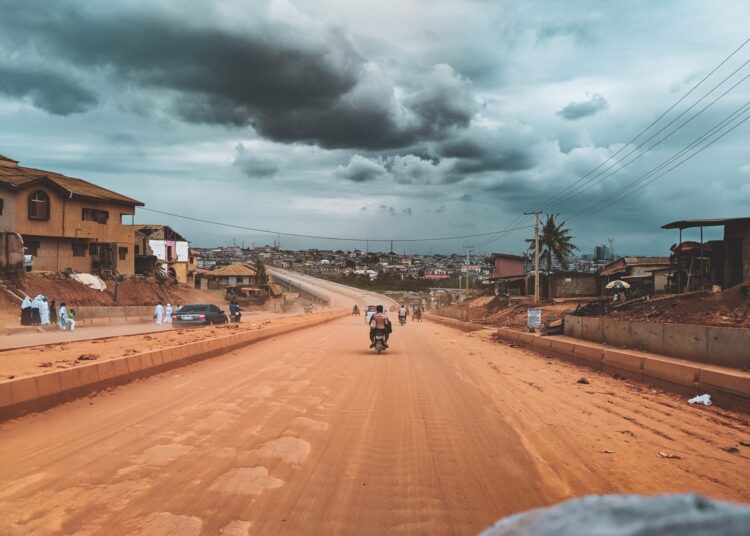The National Cereals Research Institute (NCRI), Badeggi, Niger State, has launched a research project in collaboration with farmers to develop an improved variety of Ofada rice, making it more adaptive to climate conditions.
The project employed a Participatory Varietal Selection (PVS) approach, which brought farmers and scientists together to tackle erratic rainfall, prolonged droughts, and rising temperatures that have increasingly threatened upland rice farming, beginning with farmers in Ikenne, Ogun State.
The aim was to empower farmers to play an active role in developing climate-resilient and high-yielding rice varieties.
Scientists leading the innovation are Dr Abraham A. Shaibu, supported by agricultural superintendents Mr Bello Haruna, Mrs Olayinka Kingsley and Mrs Owoade Aduba.
The institute’s executive director, Dr Mohamed Ndagi Ishaq, who launched the project, emphasised that research must go beyond the laboratory to make real impacts in farmers’ lives and demonstrate NCRI’s dedication to empowering farmers and advancing agriculture through collaborative innovation.
Dr Ishaq noted that the initiative showcased how science and community partnership can drive the needed agricultural transformation towards achieving the food security agenda of the federal government.
According to a statement by the institute’s public relations officer, Mohammed Tukur Mohammed, the team is combining modern breeding techniques with local knowledge to cross Ofada rice with elite varieties to create a stronger and more productive strain that can thrive in upland ecosystems.
He explained that farmers are not just participants but partners in the project. They actively evaluate rice lines at maturity, selecting traits like drought tolerance, pest resistance, and grain quality that align with their needs.
According to him, this would ensure that the resulting varieties are practical, adaptable and widely accepted.
In his remarks, one of the leading scientists, Dr Abraham A. Shaibu, said, “This partnership is about listening to the farmers and ensuring they are part of the solution; their insights are shaping a new future for Ofada rice.”
On her part, Mrs Olayinka Kingsley, one of the project coordinators, said, “By empowering farmers, we are not only improving rice production but also strengthening communities and ensuring food security.”





